A gentleman (and a lady) is someone who never makes someone else feel uncomfortable. That’s what cool is. Not what music you listen too, not what clothes you wear, Not who’s the most popular. … But the person who looks you in the eye, who’s always there, that’s the person you’ll remember from high school.
That was the message actor Bill Murray delivered to Manhattan High School students, alumni and hangers-on like me and Amy in between the girls and boys basketball games tonight.
Murray was in town to pay homage to former Manhattan High School attendee Del Close, who was inducted along with three others to the MHS wall of fame tonight. Close was regarded as a founder of improvisational comedy favored by Chicago’s Second City, where he mentored a long list of Saturday Night Live alumni, including Bill Murray. The night before Close died in 1999, he held a live wake in his hospital room and declared he was tired of being the funniest person in the room. He bequeathed his skull to the Goodman theatre for a performance of Shakespeare’s Hamlet (Alas, poor Yorick, I hardly knew thee).
 Murray was charming, heartfelt and funny as he paid homage to his late friend, and to the town of Manhattan (Kansas). His brother, Brian Doyle-Murray apparently lives in Manhattan (Kansas), although he’s in California working on a film, and there are stories of annual Murray brother sightings around town. Ask Kyle.
Murray was charming, heartfelt and funny as he paid homage to his late friend, and to the town of Manhattan (Kansas). His brother, Brian Doyle-Murray apparently lives in Manhattan (Kansas), although he’s in California working on a film, and there are stories of annual Murray brother sightings around town. Ask Kyle.
Afterwards, while Bill graciously talked to the locals, I got a chance to give him a barfblog and French Don’t Eat Poop T-shirt. He seemed amused (left).
Anyone who’s been here knows Manhattan (Kansas) really is in the middle of nowhere and really is in the middle of the contiguous 48 states. It’s not easy to get here. So yeah to Bill Murray.
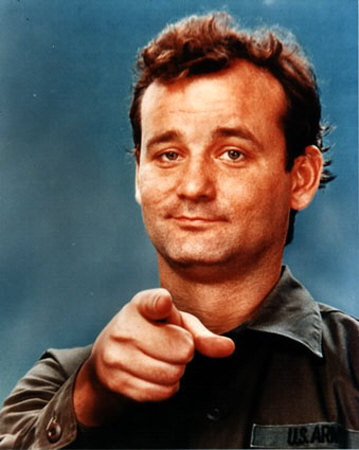

 And for you crazy, KU kids frolicking in the Florida sun, use a digital, tip-sensitive thermometer when sticking it in. Always.
And for you crazy, KU kids frolicking in the Florida sun, use a digital, tip-sensitive thermometer when sticking it in. Always.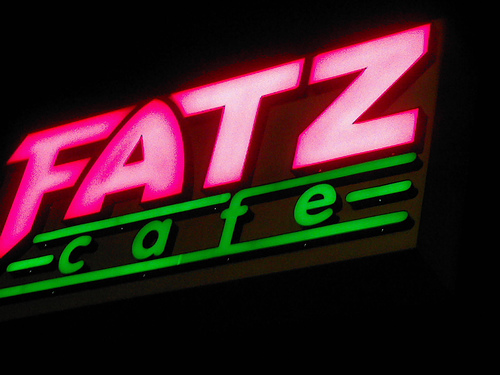 Director of Training Sara Anderson said,
Director of Training Sara Anderson said, 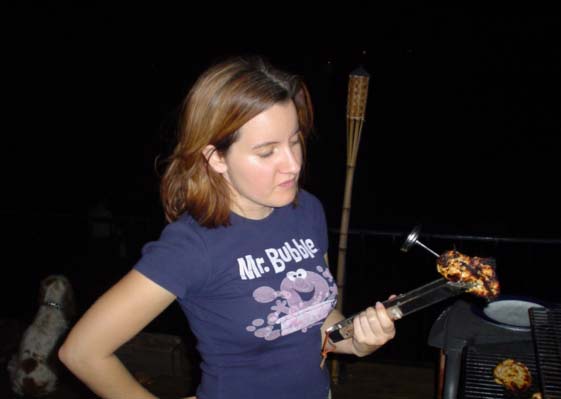 Ne mangez pas de caca, et donnez ce que vous pouvez pour soutenir l’iFSN.
Ne mangez pas de caca, et donnez ce que vous pouvez pour soutenir l’iFSN.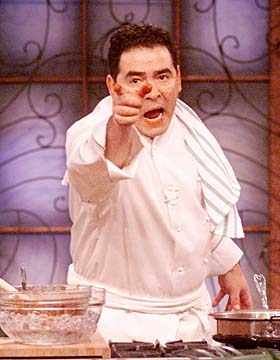 The story says that viewers will not see a difference for at least a year as the new episodes that have already been taped are shown. But industry executives are scratching their heads over why the network canceled “Emeril Live” — which they speculate became too expensive for its softening ratings — without having a new deal in place, given the role that his program played in the network’s success.
The story says that viewers will not see a difference for at least a year as the new episodes that have already been taped are shown. But industry executives are scratching their heads over why the network canceled “Emeril Live” — which they speculate became too expensive for its softening ratings — without having a new deal in place, given the role that his program played in the network’s success. The new regulation
The new regulation  The Welsh Assembly Government issued a ban on the sale of home-made products in schools in areas affected during the E. coli outbreak, but this guideline was withdrawn when the outbreak was over.
The Welsh Assembly Government issued a ban on the sale of home-made products in schools in areas affected during the E. coli outbreak, but this guideline was withdrawn when the outbreak was over.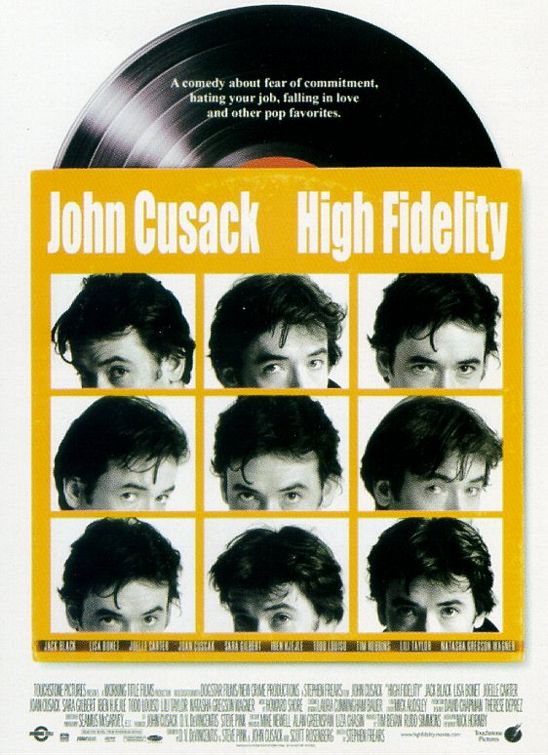 3. Junk-free foods — additives, preservatives, colors, flavors or otherwise unknown ingredients listed on food labels.
3. Junk-free foods — additives, preservatives, colors, flavors or otherwise unknown ingredients listed on food labels.
 On the
On the